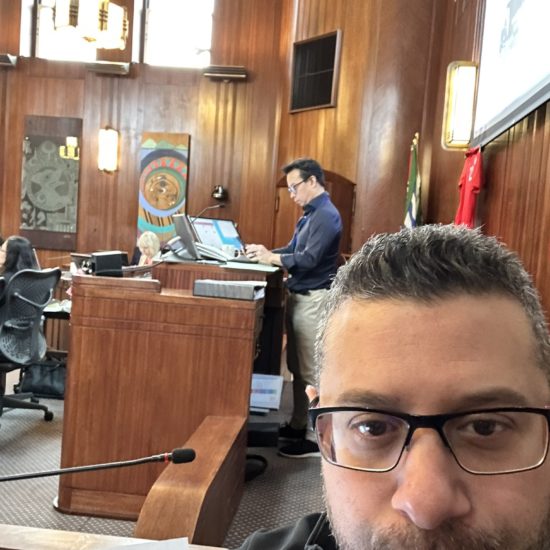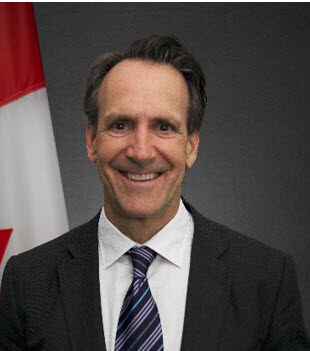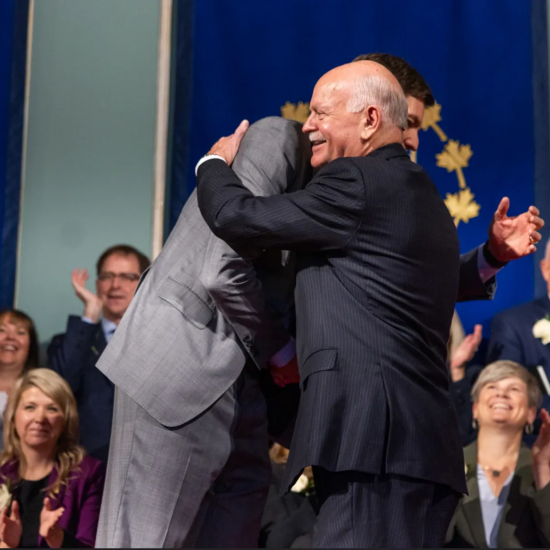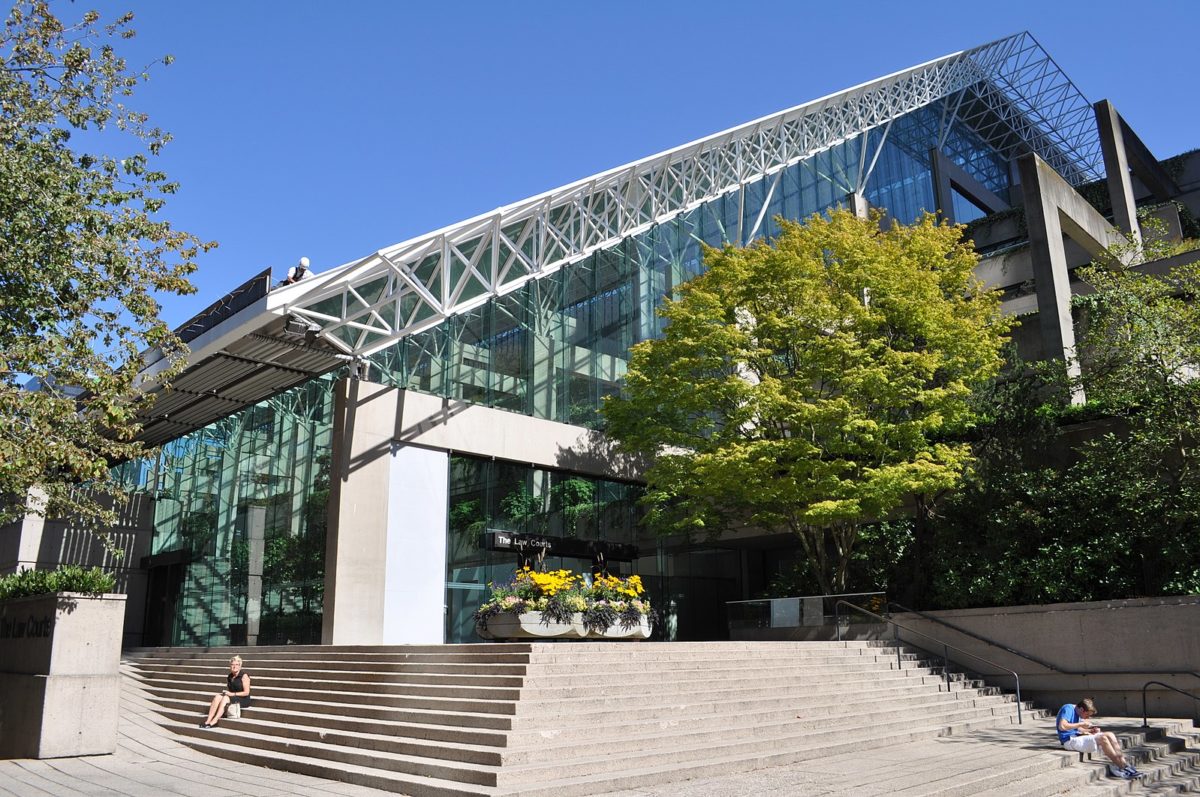
Bob Mackin
A B.C. Supreme Court judge found Oct. 24 that Canada Border Services Agency (CBSA) officers breached the consular rights of an Iranian citizen wanted by the U.S. for allegedly helping a terrorist-linked airline evade sanctions.

U.S. sanctioned Mahan Air (Mahan Air)
Seyed Abood Sari, 61, arrived Jan. 17, 2019 at Vancouver International Airport on a British Airways flight from London and told officers that he planned to celebrate his birthday with his two sons who were studying at universities in Vancouver. Sari was arrested due to an outstanding U.S. warrant for allegedly using front companies and middlemen to disguise financial transactions for Mahan Air and deceive banks in order to get around U.S. sanctions.
Sari was the general manager in Dubai for Mahan Air, which the U.S. government sanctioned in October 2011 for financially, materially and technologically supporting Iran’s Islamic Revolutionary Guard Corps Quds Force and Beirut-based Hezbollah.
Justice Janet Winteringham, in her verbal ruling on an abuse of process application by Sari’s lawyers, said the accused was entitled under international law to be connected to a consular official when he was detained at YVR.
“There is no dispute that he requested access to a representative from the Iranian consulate. The [border services officers] attempted to implement those rights, but they failed to do so,” Winteringham said in her decision. “I’m not satisfied that an email sent constituted compliance with the Vienna Convention. More was required, the jeopardy here was significant.”
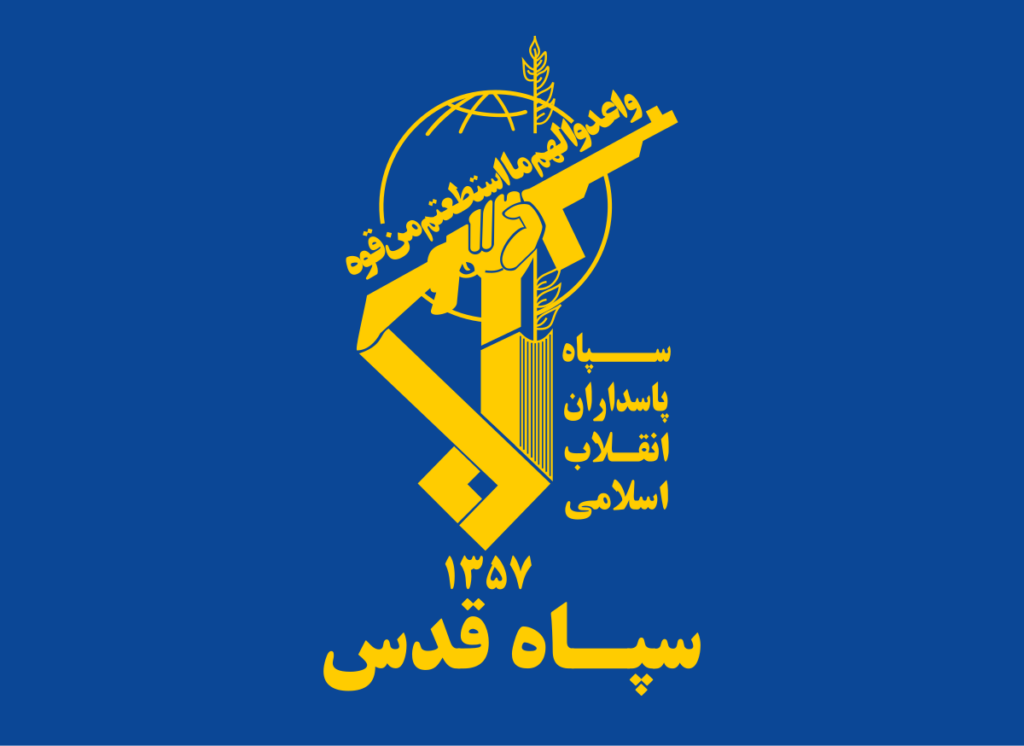
Islamic Revolutionary Guard Corps Quds Force
Winteringham said evidence showed that officers informed Sari of his Vienna Convention rights at 1:14 a.m. on Jan. 18, 2019 and that he requested access to a consular official. Neither Canada nor the U.S. have diplomatic relations with Iran.
Almost an hour later, an officer began calling the embassy of Pakistan in Washington, D.C., which handles Iranian consular services in the U.S. The call went to a voice mail system. Another officer was eventually referred to Iran’s diplomatic mission in the United Kingdom, but an agent there said it had no jurisdiction for matters in Canada. So an email address was provided for the CBSA officer to send details of Sari’s request.
“From the frontline workers to those operating in the background, someone needed to figure this out. The CBSA were advised well in advance that Mr. Sari was coming, they knew of his Iranian citizenship, no one would have been surprised if this foreign national may well invoke his rights under the Vienna Convention,” Winteringham said.
“It was not explained in the evidence how it was that there was not a protocol about how to comply with the Vienna Convention for a foreign national such as Mr. Sari coming from Iran.”
Winteringham said the abuse of process application was otherwise presented as “demonstrating a pattern” of misconduct. “I have not made findings of fact consistent with the applicant’s allegations of misconduct,” she said.
Winteringham found that CBSA had grounds to subject Sari to a secondary examination when he arrived and that his detention at YVR was lawful and justified. His lawyers did not establish improper information sharing or device password sharing between U.S. and Canadian authorities, nor did they establish that the U.S. authorities exerted improper influence over the CBSA officers.
Sari was kept in jail for six months until a judge granted bail in July 2019 under conditions that he provide a $50,000 recognizance, and live in a downtown condo with his sons under an 11 p.m. to 6 a.m. curfew with electronic monitoring.
Winteringham scheduled a case management conference for Nov. 24 so that they can make further arguments and consider remedies. She called the impact of delays in Sari’s case “immense.”
“We are coming on five years since his arrival in Canada and he has not seen his spouse of some 30 years in over three years,” the judge said. “In my view, time is of the essence and the parties should be prepared to proceed accordingly.”
Support theBreaker.news for as low as $2 a month on Patreon. Find out how. Click here.






